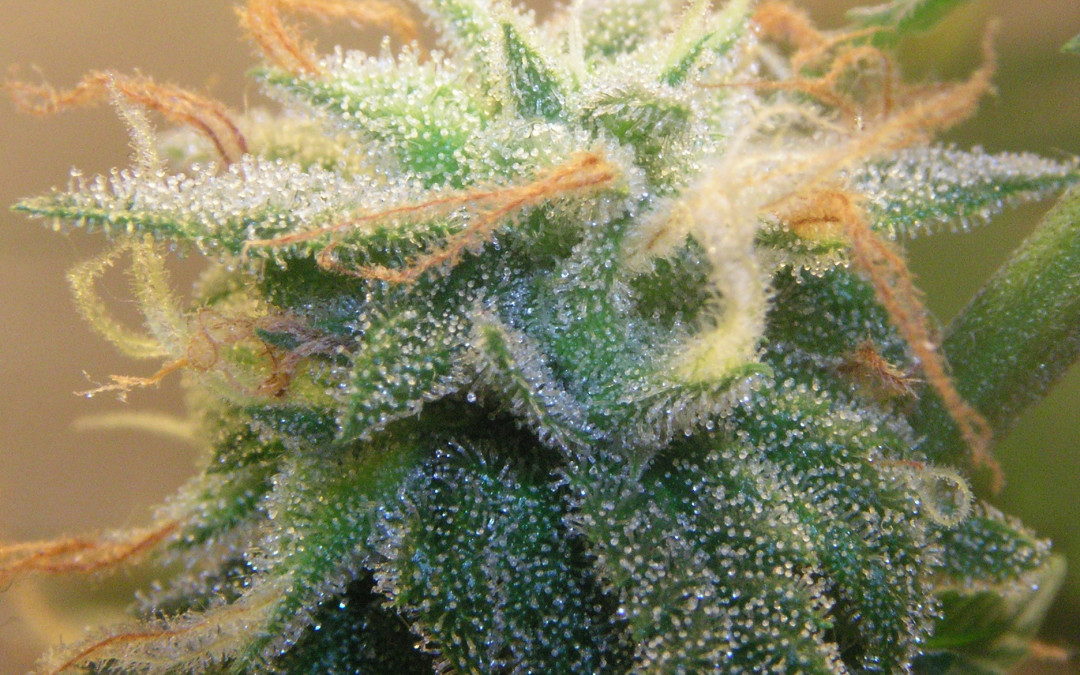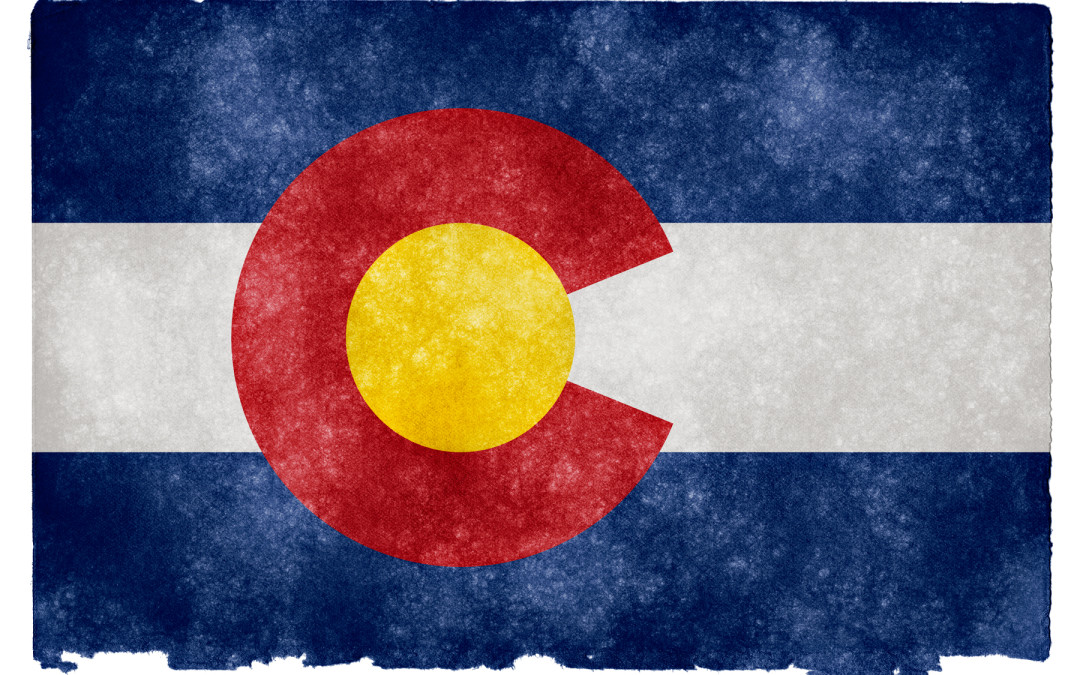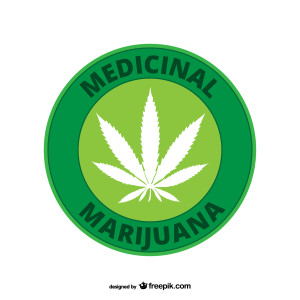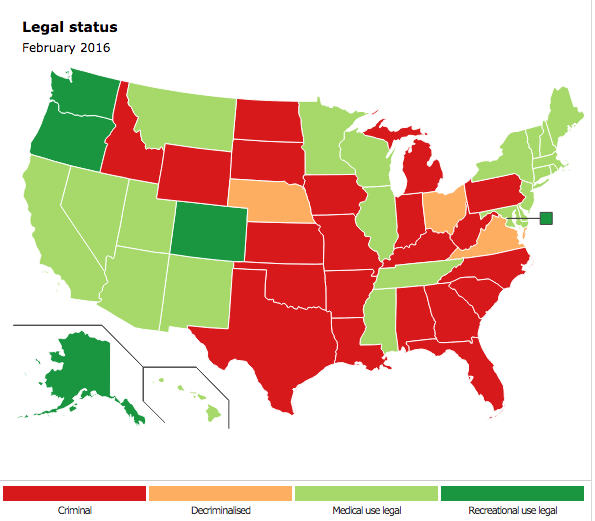Marijuana News

New Study Finds Cannabis Does Not Cause Depression Or Anxiety
There have been several debates over cannabis causing mental health problems, but new studies are telling a different story. Researchers have found Cannabis does not increase the risk of developing anxiety or depression, but those who used cannabis had an increased risk of developing alcohol and drug use disorders.
In a study published by JAMA Psychiatry (February 17, 2016) the researchers wrote: “Our findings suggest caution in the implementation of policies related to legalization of cannabis for recreational use, as it may lead to greater availability and acceptance of cannabis, reduced perception of risk of use and increased risk of adverse mental health outcomes, such as substance use disorders.”
The Journal of School Health published a theory of marijuana not being the gateway drug, but rather alcohol. The study concluded: “The findings from this investigation support that alcohol should receive primary attention in school-based substance abuse prevention programming, as the use of other substances could be impacted by delaying or preventing alcohol use. Therefore, it seems prudent for school and public health officials to focus prevention efforts, policies, and monies, on addressing adolescent alcohol use.”

Few Companies are Now Allowing Marijuana Use at Work
There are a handful of companies in the U.S that are allowing, and even encouraging employees to use marijuana during office hours. These companies are found in the four states that have legalized marijuana for recreational use, making the act of getting high at work completely legal.
These companies have looked at studies showing that marijuana use does not dumb down users and is not detrimental to one’s health. From there, they have decided that the use of marijuana could actually spark creativity and help to get work done.
Although there are many counter arguments on this issue saying that marijuana would actually hurt productivity and increase laziness, these companies put the responsibility in their employees hands to make the right decisions. Simply put, if the use of pot helps their creativity or productivity, they should use it. If it does not, they should stay away from using it during work hours.
Since most buildings today do not allow smoking of any kind inside, employees are using cannabis infused edibles, sodas, and juices instead.
The mass majority of employers do not allow anything like this at their companies, but the changing legislation and work cultures could bring an increasing number of workers who are high.

Ohio Marijuana Legalization Debate Continues in 2016
Although Ohio rejected a proposal to legalize marijuana back in November, it did not stop measures that move the state closer towards decriminalization and eventual legalization of the plant. Marijuana Policy Project recently unveiled details about Ohio’s newest medical marijuana amendment.
The new amendment will allow patients with medical conditions to apply for a medical marijuana ID card. The state would license businesses to grow, process, test, distribute and sell medical marijuana, and sales tax would be applied. License fees and tax revenues would pay for the program’s administrative costs.
“The retail price in Ohio will inevitably be slightly lower than in other states, because the Ohio initiative won’t impose large taxes or bureaucratic hurdles that would translate into higher prices,” President Rob Kampia co-founder and executive director of the Marijuana Policy Project “Also, the Ohio initiative will embrace a healthy, free-market approach to the production of medical marijuana, which will drive down the cost as compared to, say, an oligopoly or a government-run monopoly.”

Are Cannabinoids a Safe and Effective Treatment for Chronic Pain?
Cannabis is showing promising signs of helping multiple conditions, including chronic pain. In fact, it is helping people, where many pharmaceutical drugs have failed.
Most people have heard of a chemical called THC, which is the ingredient in marijuana that gets consumers high. But recently, attention has shifted to another compound in marijuana called CBD. Unlike THC, CBD does not cause a high and is non-psychoactive, yet provides many medicinal benefits.
The University of Montreal, studied the results of 26 clinical trials with 1,364 subjects. All trials concluded similar results to the 2015 systematic review published in the Journal of Neuroimmune Pharmacology, that stated, “[C]annabinoids are safe, demonstrate a modest analgesic effect, and provide a reasonable treatment option for treatment of chronic non-cancer pain.”
A study published in The International Journal of Neurophamacology points to Cannabidiol (CBD) as a cause of neurogenesis in the brain as well. Neurogenesis in the brain plays a key role in learning and memory, and has been linked to a variety of cognitive conditions such as anxiety, depression, addiction and neurodegenerative diseases such as Parkinson’s.

The Current State(s) of Medical Marijuana
With Colorado being the first state to legalize recreational marijuana, legalization is spreading to more and more states in 2016. A new report by ArcView Market Research found legal cannabis sales jumped 17% in 2015 and a will reach $6.7 billion in total U.S. sales in 2016.
Each state varies in opinion and level of enthusiasm of joining the green rush, but there is no doubt that the legal cannabis industry is starting to be taken seriously. Most all states have at least legalized medical marijuana to some extent. Only four states—Alaska, Colorado, Oregon and Washington—have legalized recreational use of marijuana despite the majority of Americans favoring legalization.
Source: Drug Policy Alliance
So far a total of 23 states, now allow medical marijuana programs. Another 17 states allow “low THC, high cannabidiol (CBD)” products. The National Conference of State Legislatures uses the following criteria to legitimize an official program:
- Protection from criminal penalties for using marijuana for a medical purpose;
- Access to marijuana through home cultivation, dispensaries or some other system that is likely to be implemented;
- It allows a variety of strains, including those more than “low THC;” and
- It allows either smoking or vaporization of some kind of marijuana products, plant material or extract.

Marijuana Legalization Showing Similarities of Twentieth Century Prohibition
Many states that either have not seen any form of marijuana legalization, or have only seen marijuana become legalized for medicinal purposes are beginning to feel the pressures and restrictions similar to those of the 1920’s prohibition.
One of the biggest lessons that the prohibition has taught us is that we need effective regulations. Similar to the prohibition, right now there is always some place to get weed- it just may not be actively watched by the government. The problem that comes with this is, without these regulations, you may not entirely know what is in the marijuana you are buying.
Regulation then becomes a framework to support the market, not hurt it.
Some are even saying that “legalizing weed will be just like ending the prohibition”.
The current prohibition of marijuana in the non-legalized states also creates a similar black market as the 1920’s prohibition on alcohol, leading to drug trades and violence.
Now, whether the effects of marijuana and alcohol legalization will be the same can only be determined by time.

Cannabis Laws in Colorado
With Colorado being the first state to legalize recreational marijuana, they have had the ability to advance the fastest and furthest with the extent of the law. Although legislation is constantly changing in regards to marijuana, the current laws in Colorado are as follows:
- Possession
- If you are 21 years of age or older, you can legally possess up to one ounce of marijuana
- Technically, amendment 64 is worded for allowance for up to one ounce of THC. This allows for the possession of up to an ounce from your choice of buds, concentrates, edibles, and more.
- 1-2 oz.: petty offense, $100 fine
- Open and public displays or uses of less than 2 oz.: petty offense, 15-days jail, $100 fine
- 2-6 oz.: misdemeanor, 1-year jail. $1,000 fine
- 6-12 oz.: misdemeanor, 18-months jail, $10,000 fine
- More than 12 oz.: felony, 1-1.5-years jail, $100,000 fine
- If you are 21 years of age or older, you can legally possess up to one ounce of marijuana
- Sale
- Non Colorado residents are restricted to purchasing no more than ¼ ounce (7 grams) in a single transaction
- Transfer of one oz. or less for no remuneration: no penalty
- 5 lbs. or less: felony, 1-3-years jail, $100,000 fine
- 5-100 lbs.: felony, 2-6-years jail, $500,000 fine
- 100 lbs. or more: felony, 4-12-years jail, $75,000
- 5 lbs. or more to a minor: felony, 3-12-years jail, $75,000 fine
- Cultivation
- 6 plants or fewer= no penalty
- More than 6 but fewer than 30 plants: felony, 2-6 years jail, $500,000 fine
- Store Hours
- The state allows marijuana stores to operate from 8am to midnight
- Cities have the ability to implement more restrictive hours
- Consumption
- Amendment 64 does not permit the consumption of marijuana “openly and publicly”
- Driving Under the Influence
- The legal limit for the amount of active THC in your system while driving is 5 nanograms per milliliter of blood.
- The state allows marijuana stores to operate from 8am to midnight

Is Medical Marijuana A Miracle Cure?
Although many more studies need to be done on medical marijuana, many people are learning and experiencing about the benefits of the plant as it becomes legal throughout the United States. Although many more studies need to take place, cannabis is showing promising signs of helping multiple conditions. In fact, it is helping people, where many pharmaceutical drugs have failed.
Dr. Sanjay Gupta, CNN correspondent and neurosurgeon, has helped generate buzz about the many medical benefits CBD, in his new documentary “WEED,” and even apologized for his previous position against it.
5 Health Conditions Cannabis Is Helping
Seizures
D. Samba Reddy, Ph.D., R.Ph., studies therapies for epilepsy and he recently published an article, bout the current state of research into medical marijuana for treating epilepsy.
“There was a lot of media attention about how medical marijuana is good for epilepsy,” said Reddy, a fellow of both the American Association of Pharmaceutical Scientists (AAPS) and the American Association for the Advancement of Science (AAAS). “We became interested in finding out whether there was scientific evidence in the literature to support the claims of these people who have seen great benefits.”
ADHD
The International Association for Cannabis as Medicine published a case study showing potential for marijuana (specifically THC) to be helpful in treating ADHD. The report showed promising results in better moods and focused performance.
Eating Disorders
The National Eating Disorder Association estimates that there are 30 million people in the United States with an eating disorder. Treatment usually resorts to a combination of therapy and multiple medications, but medical marijuana is showing promising results in lowering anxiety and increasing hunger. Only 5 of the 23 states that have legalized medical marijuana include eating disorders on the list of eligible conditions. However, more studies are helping move legislation forward so everyone can have the option to use medicinal cannabis.
PSTD
PTSD, or post-traumatic stress disorder, is caused by disturbing episodes that cause anxiety and the following symptoms: re-experiencing, avoidance, and hyper arousal (e.g., flashbacks, social isolation, insomnia). PTSD comes from changes in brain chemistry that occur at the time of the trauma that cause extremely high stress levels. Many new studies are confirming cannabis is an effective treatment for PSTD.
Martin Lee, a Multidisciplinary Association for Psychedelic Studies (MAPS) affiliate studied PTSD and cannabinoids in depth. “Researchers found that people with PTSD had lower levels of anandamide, an endogenous cannabinoidcompound, compared to those who did not show signs of PTSD,” Lee wrote, “Innate to all mammals, anandamide (our inner cannabis, so to speak) triggers the same receptors that are activated by THC and other components of the marijuana plant.”
Cancer
Even if cannabis isn’t the miraculous cancer cure, there is no question that most cancer patients, no matter their age, can benefit from cannabis medicine. Cannabis has not only been shown to help increase appetite and reduce both nausea and pain. Some cases have even been shown to shrink tumors or kill cancer cells.

How To Make Cannabis Coffee
Marijuana coffee has been served in coffee shops in the Netherlands for many years, but the United States is finally catching on to the trend. As more people learn about the benefits of the plant, more people are looking for safer ways to consume than smoking.
Kian Abedini, owner of a marijuana infused coffee company, says he exposes unroasted coffee beans to marijuana vapor before roasting them. The flavor and aroma of cannabis still remain, but the roasting process removes any THC they might have acquired from vapor exposure. This makes the coffee perfect legal and also still provides all of the health benefits to consumers.

Watch Viceland’s New Show Weediquette
“Weediquette” is the new Vice show about weed, but it’s not like anything you’ve seen before. The entire TV show examines the politics, business and moral issues of cannabis.
Krishna Andavolu, VICE correspondent, will meet the many different people behind the green rush. If you are just curious or directly impacted by medical marijuana, tune into the new series for a behind the scenes look at the radical cultural transformation of cannabis.
Weediquette evolved from a web series on Vice.com. The show will premiere on March 1 at 11 pm on Vice’s new TV channel Viceland.
“We’re at an age we probably won’t go through again in our lifetime – watching an illicit substance become legal,” said journalist Krishna Andavolu.



Recent Comments